Paid search marketing, also called “pay per click,” refers to the sponsored search results seen next to or above natural search results in Google and other search engines. It can also refer to ads that appear on web sites that are part of content networks. The benefit of running a pay per click campaign is that you have complete control over the presence and placement of your web site listing or ad. In other words, the ad will say whatever you want (within the character limitation and copy rules of the search engine) and can be positioned as high as you want, depending on the amount you are willing to bid for the position. As opposed to mass media marketing, the ads are extremely targeted (since you specify the search phrases for which you want your ad to appear) and you are only charged when someone clicks on the ad. There are many variations beyond standard text ads. These variations include graphical ads and video ads.
Following are the major components of a paid search campaign:
- Keyword research to make sure we are marketing to the maximum number of relevant search phrases.
- Ad copy or graphics creation.
- Landing page copy writing and creation.
- Split-testing to improve the performance of ads and landing page copy.
- Bid management to maximize return on ad spend (ROAS).
- Conversion tracking.
- Reporting.
Paid search management is definitely an iterative process. Data generation is necessary to fine-tune a campaign and maximize return on ad spend. Everything is tested: keywords, ad copy, landing page copy, and bids. This process of constant testing and tweaking requires diligence. Lose focus, and your ad positions will slip, traffic will fall, and sales will decline.
